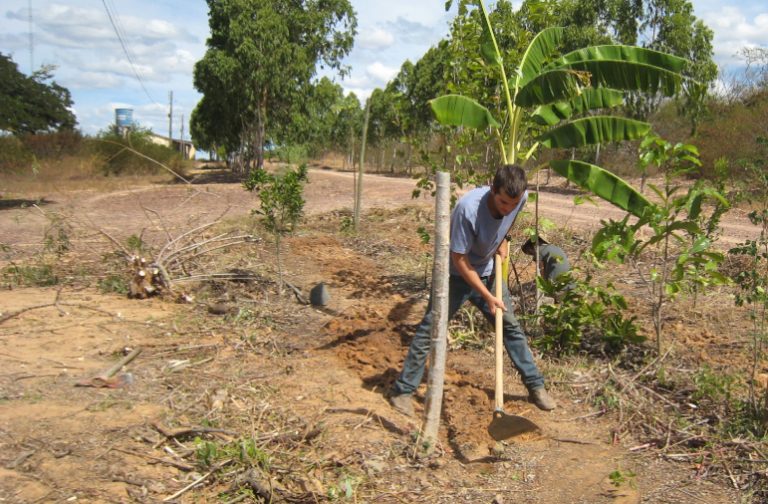How Traditional Knowledge Is Saving Forgotten Lands
The Instituto Anjos do Sertão is a non-profit family organization based in Canto do Buriti, Brazil. Founded in December 2015 by a Brazilian family, it combines a holistic vision with educational programs in regenerative farming and a research center – all centered around a 5,500-hectare regenerative school farm.
Its story begins in 2008 when the founders of Anjos do Sertão purchased the land in the Caatinga region – a unique and neglected biome in the Northeast Region of Brazil. Immediately they faced a critical lack of skilled local labor to work on the farm.














